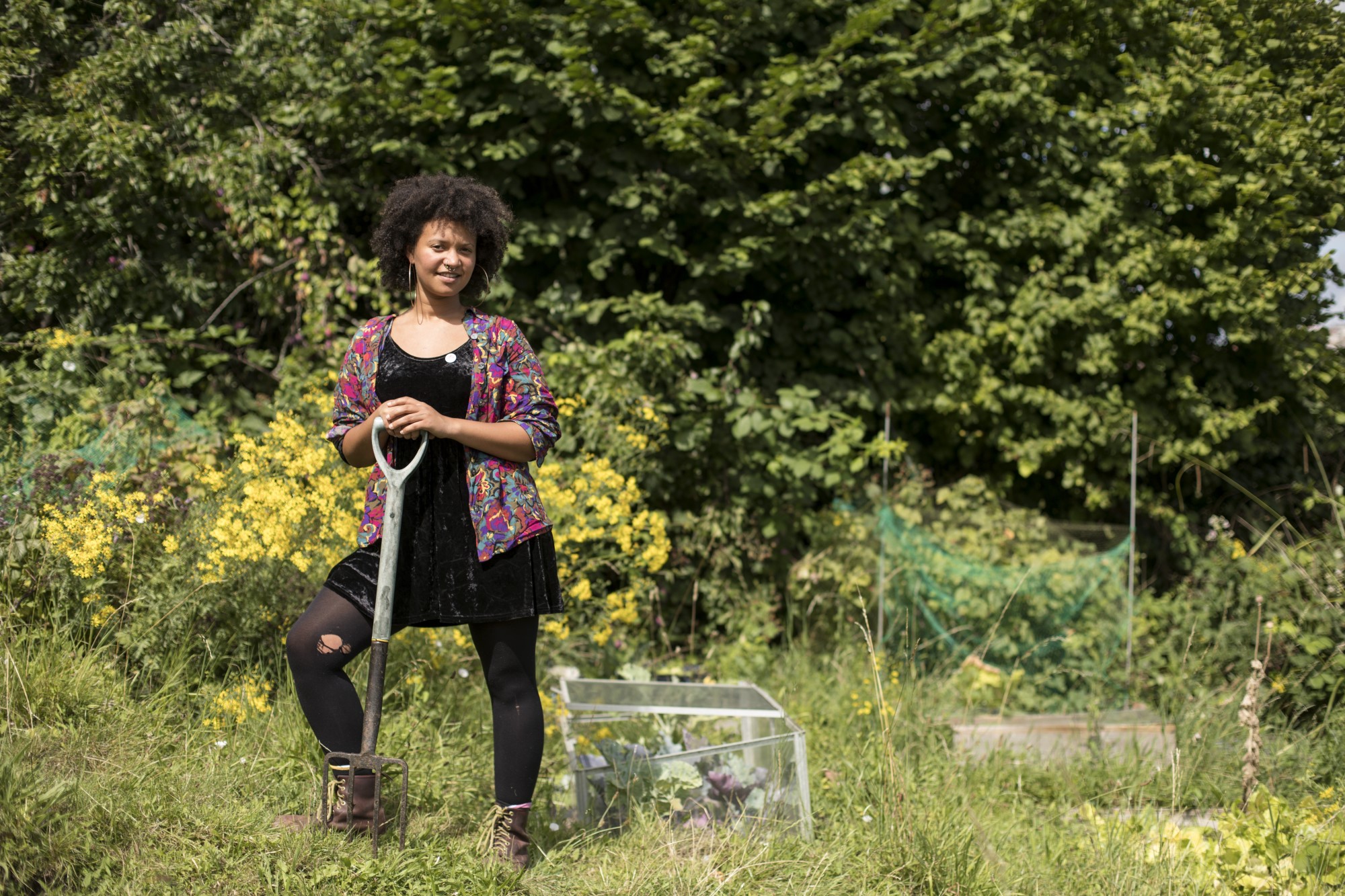
Act now and together we can make a world of difference
Here you'll find lots of ways you can help restore nature, health and a safe climate from the ground up.
Here you'll find lots of ways you can help restore nature, health and a safe climate from the ground up.